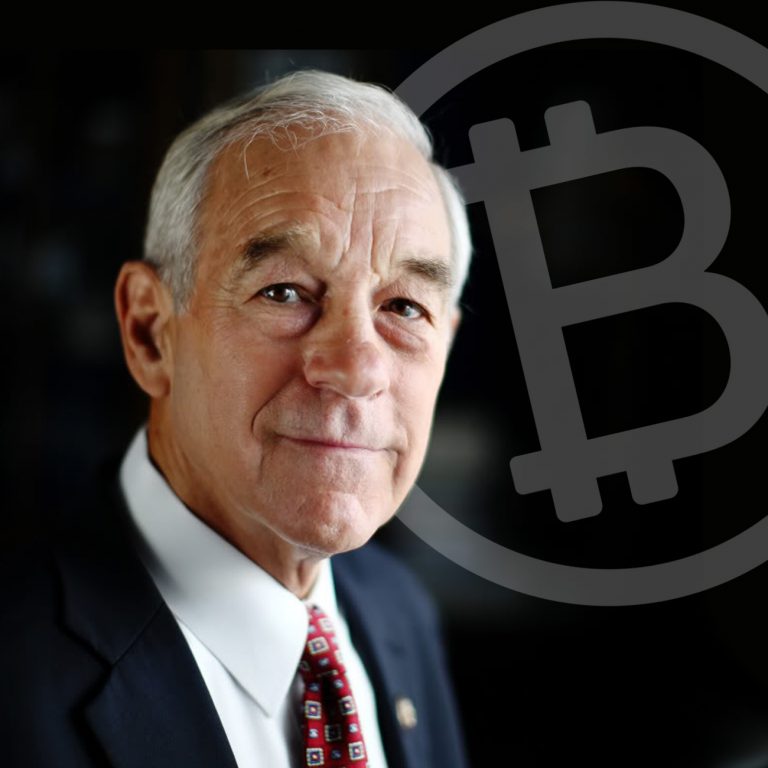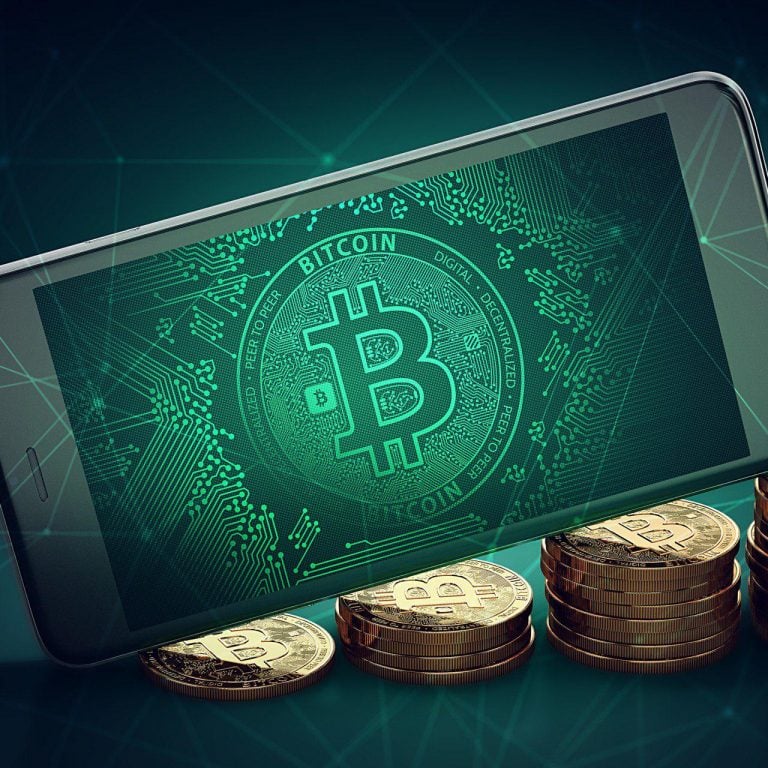2018-7-3 10:19 |
There is absolutely no one who has been able to predict the future of Bitcoin consistently, however, there are economists who are pointing out that the digital currency’s prices may not return for a while.
Yukio Noguchi, a famous economist in Japan and an advisor to Waseda University’s Business and Finance Research Center argues we can’t expect Bitcoin’s prices to rapidly surge again. Noguchi points out that the price of BTC is now almost a third of what it was in December of last year. He believes that because it’s now possible to trade on Bitcoin futures people will never see a rapid surge again.
The Cboe Futures Exchange began trading Bitcoin futures on December 10th 2017. Bitcoin prices peaked five days later.
“Because it’s now possible to trade on bitcoin futures, you’ll never see a rapid surge again,”
Noguchi wrote in the Japanese periodical Diamond Weekly.
Noguchi points to a paper published on May 7 by the Federal Reserve Bank of San Francisco, “How Futures Trading Changed Bitcoin Prices“, authored by Galina Hale, Arvind Krishnamurthy, Marianna Kudlyak, and Patrick Shultz.
The key passage states:
“From Bitcoin’s inception in 2009 through mid-2017, its price remained under US$4,000. In the second half of 2017, it climbed dramatically to nearly US $20,000 but descended rapidly starting in mid-December. The peak price coincided with the introduction of bitcoin futures trading on the Chicago Mercantile Exchange. The rapid run-up and subsequent fall in the price after the introduction of futures does not appear to be a coincidence. Rather, it is consistent with trading behavior that typically accompanies the introduction of futures markets for an asset.”
Bitcoin has lost two-thirds of its value since mid-December, following a huge rally that brought its price close to $20,000. Despite the decline, Bitcoin is still worth more than 10 times what was only two years ago.
Noguchi points to the housing bubble of a decade ago, which was driven by financial innovations such as securitization of mortgage debt.
“The subsequent bus was driven by the creation of instruments that allow pessimistic investors to bet against the housing market.”
The introduction of stock-index futures in Japan in the early 1990s helped accelerate the deflation of the Tokyo stock bubble. In a similar manner optimistic speculators drove up Bitcoin prices, but when Bitcoin futures began trading pessimists could more easily bet against the cryptocurrency.
However, he believes that it’s a good thing. As the price of bitcoin drops, it becomes a more attractive means of sending money. He calculated that at current prices if you had to use Mitsubishi UFJ Bank to send money, it costs you 432 yen for any amount above 30,000 yen.
With the current value of Bitcoin, it’s cheaper to send via a regular bank transfer than BTC, unless the value of BTC falls to 675,000 yen. When BTC returns to that level, it will finally be trading at what should be normalized.
origin »Bitcoin price in Telegram @btc_price_every_hour
Bitcoin (BTC) íà Currencies.ru
|
|









